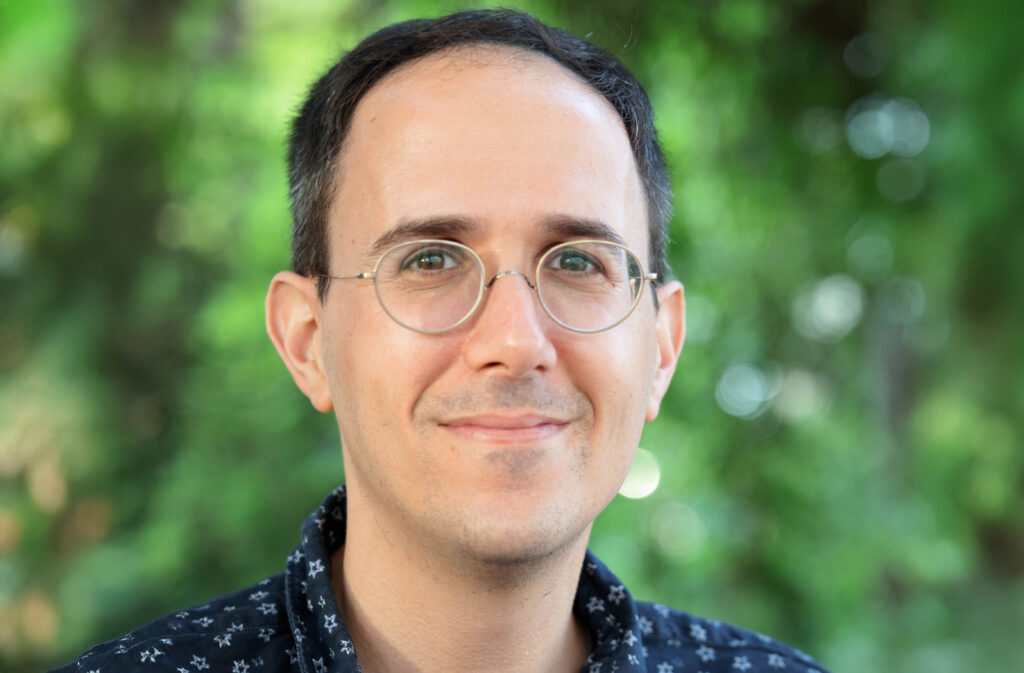
“The deepening partnership between humans and artificial intelligence through 2035 reveals a subtle but profound paradox of control. As we embrace AI agents and assistants that promise to enhance our capabilities, we encounter a seductive illusion of mastery – the fantasy that we’re commanding perfect digital servants while unknowingly ceding unprecedented control over our choices and relationships to the corporate – and in some cases government – entities that shape and control these tools.
“This shift is already emerging in subtle but telling ways. Professionals increasingly turn to algorithmic rather than human counsel, not because AI is necessarily superior, but because it offers a promise of perfect responsiveness – an entity that exists solely for our benefit, never tiring, never judging, always available. Yet this very allure masks a profound transformation in human agency, as we voluntarily enter a system of influence more intimate and pervasive than any previous form of technological mediation.
The path forward lies not in resisting AI advancement but in consciously preserving spaces for human development and connection. This means designing organizational and social structures that actively value and protect human capabilities, not as nostalgic holdovers but as essential counterweights to AI mediation. … The stakes transcend mere efficiency or convenience. They touch on our fundamental capacity to maintain meaningful control over our personal and societal development. As AI systems become more sophisticated, the true measure of their success should be not just how well they serve us but how well they preserve and enhance individuals’ ability to grow, connect and chart our own course as humans in a world in which the boundaries between assistance and influence grow ever more blurred.
“The transformation of work reveals perhaps the cruelest irony of this AI-mediated future. The jobs considered ‘safe’ from automation – those that require human oversight of AI systems – may become the most psychologically constraining. Imagine a doctor who no longer directly diagnoses patients but instead spends their days validating AI-generated assessments, or a teacher who primarily monitors automated learning systems rather than actively engaging with students.
“These professionals, ostensibly protected from automation, find themselves trapped in a perpetual state of second-guessing: Should they trust their own judgment when it conflicts with the AI’s recommendations? Their expertise, built through years of practice, slowly atrophies as they become increasingly dependent on AI systems they’re meant to oversee. The very skills that made their roles ‘automation-proof’ gradually erode under the guise of augmentation.
“By 2035, personal AI agents will be more than tools; they will become the primary lens through which we perceive and interact with the world. Unlike previous technological mediators, these systems won’t simply connect us to others; they’ll actively shape how we think, decide, and relate. The risk isn’t just to individual agency but to the very fabric of human society, as authentic connections become increasingly filtered through corporate-controlled algorithmic interfaces.
“The path forward lies not in resisting AI advancement but in consciously preserving spaces for human development and connection. This means designing organizational and social structures that actively value and protect human capabilities, not as nostalgic holdovers but as essential counterweights to AI mediation. Success will require recognizing that human agency isn’t just about making choices – it’s about maintaining the capacity to shape our individual and collective trajectories in an increasingly AI-mediated world.
“The stakes transcend mere efficiency or convenience. They touch on our fundamental capacity to maintain meaningful control over our personal and societal development. As AI systems become more sophisticated, the true measure of their success should be not just how well they serve us, but how well they preserve and enhance individuals’ ability to grow, connect and chart our own course as humans in a world where the boundaries between assistance and influence grow ever more blurred.”
This essay was written in January 2025 in reply to the question: Over the next decade, what is likely to be the impact of AI advances on the experience of being human? How might the expanding interactions between humans and AI affect what many people view today as ‘core human traits and behaviors’? This and nearly 200 additional essay responses are included in the 2025 report “Being Human in 2035.”


